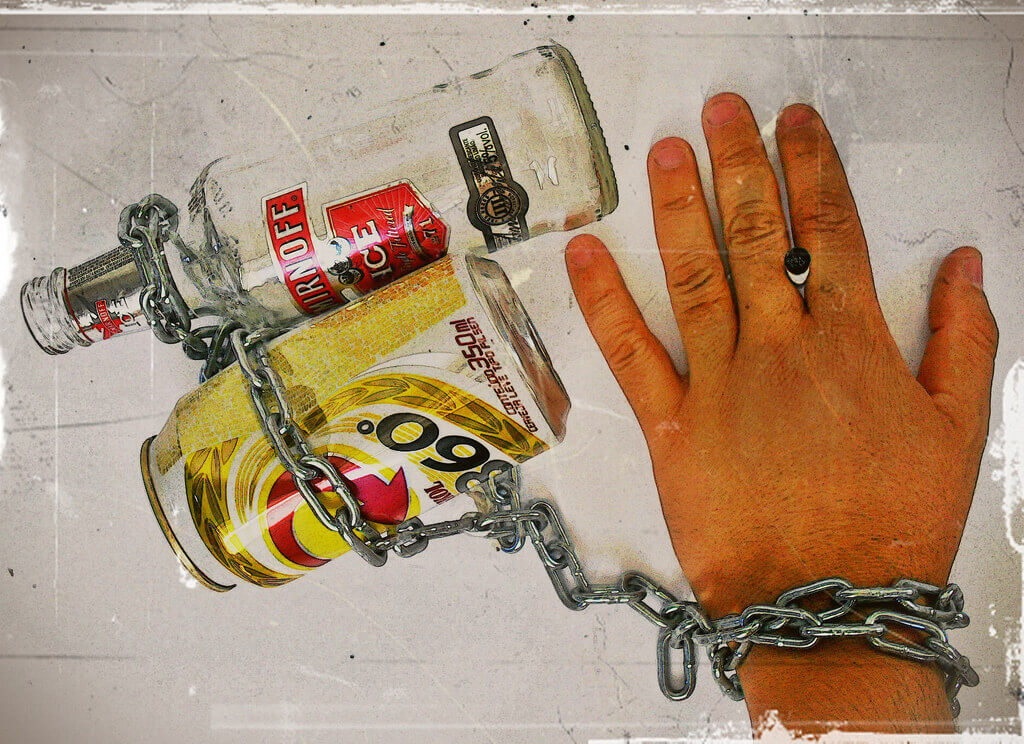Alcoholism is a serious and often devitalizing disease. Without proper intervention, it could invariably grow worse and affect other members of your family as well. With the right preventive care and treatment approach, you can definitely help your loved one to conquer his or her dependence to alcohol and prevent any relapse in the future. 
What do I have to know about relapse?
Unfortunately, in the process of recovering from alcohol dependence, there’s also the chance of going into a relapse or resuming the previous behavior after a period of abstinence. More often than not, people undergoing treatment for alcoholism experience relapse 90% of the time.
With any kind of substance dependence, it is inevitable that one’s body may feel withdrawal symptoms once intake is reduced or stopped. This process of relapse not only involves physical symptoms but psychological ones as well that can be detrimental to one’s recovery process and well-being. Although it may be common, it doesn’t mean that it can’t be prevented.
How to successfully prevent a relapse?
There are many reasons that can trigger relapse but there are also tried and tested ways that can help you be successful in overcoming one. Moreover, unexpected setbacks are frequently part of one’s recovery process and the best way to handle it is to bounce back from it and take concrete action in to proect your sobriety. Some definite ways to handle relapse is through the following:
- Follow your treatment plan
- Go back to your alcohol rehab program if necessary
- Undertake an alcohol detox program as needed
- Create structure in your life
- Manage symptoms constructively
- Set realistic goals that you can abide to
- Stop dwelling on past hurts and feelings of regret
- Work your AA program as if your life depends on it because it does
Identifying the causes of relapse
Some recognizable causes of relapse include elevated stress and acute withdrawal symptoms. When one’s stress is elevated, small things start building up and there’s a chance that the person can feel overwhelmed making them resort to alcohol. On the other hand, acute withdrawal symptoms may pose difficulties in both one’s mental and emotional faculties that can make them prone to stress. Many people in AA will tell you that their relapse was always preceded by a feeling that they were in control. They stopped going to meetings, calling their sponsor, sponsoring others, praying daily. This may have happened up to two years before the relapse happened. Many also share about getting into unsuitable and often toxic relationships. Alcohol is a cunning foe and will find its way back into your life any way it can.
Uncontrolled urgings and cravings may also play a role in the recurrence of one’s alcohol dependence as this kind of thinking espouses the thought that alcohol is the sole means to feel better. Moreover, unhealthy decisions can wreak havoc in one’s resolve to stay sober thereby experiencing difficulty in managing their emotions and urges.
Are you at risk for relapse?
If you feel that you’re in danger of relapse, never hesitate to take an alternative action against it. Although relapse is commonly prevalent and inevitable in some cases, it is essentially preventable. Knowing the causes and dangers that can result in a relapse is the first step in preventing yourself from slipping into one. Furthermore, the most important thing when you find yourself in relapse is to recognize it and seek help. Do know that this is one journey you don’t have to face alone.

